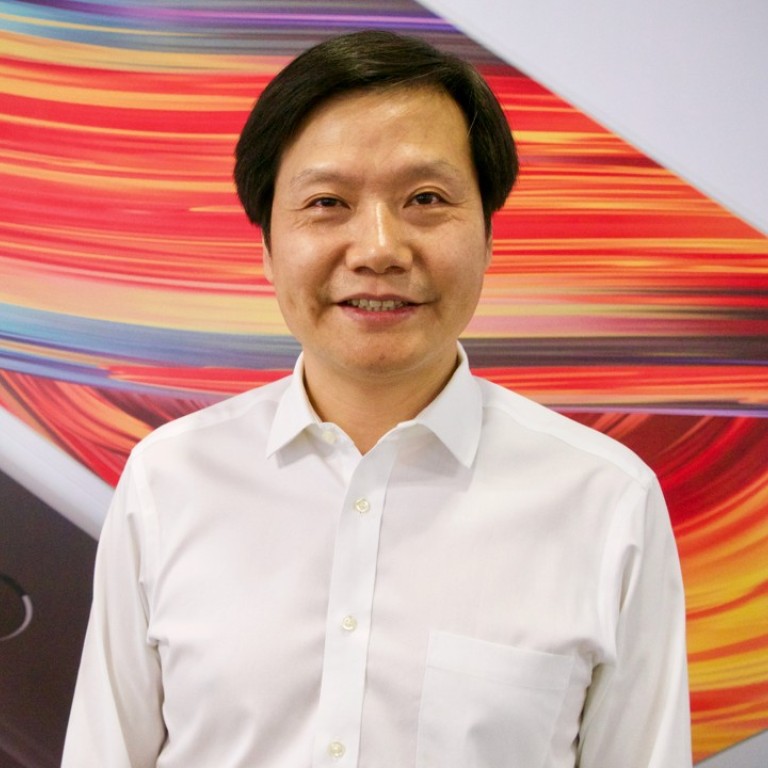
Vigilance needed in reform of listing rules
The expected IPO of smartphone maker Xiaomi in Hong Kong is exactly what the stock exchange needs to vindicate its most significant changes to listing conditions in decades. But authorities must make sure that the changes do not become a back door for low-quality companies seeking a listing
The expected blockbuster listing of smartphone maker Xiaomi in Hong Kong looks set to revive the city’s fortunes in the global initial public offering (IPO) market.
It is exactly the kind of poster-boy IPO that the local stock exchange needs to vindicate its most significant changes to listing conditions in decades.
Among those changes is the introduction of dual-class share listings, which enable company founders, usually of riskier hi-tech and innovative companies, to retain control after going public.
If successful, the IPO of the world’s fourth-largest smartphone maker will be a much-needed shot in the arm for our long-standing reputation, now under challenge, as the region’s premier finance hub.
The city, overtaken by Shanghai last year for the first time in the global IPO stakes, was still smarting over the US$25 billion IPO of Alibaba, the parent of the SCMP Group, in New York in 2014, which holds the record as the world’s biggest stock sale.
Yunfeng Capital Management, the private equity fund of Alibaba’s co-founder Jack Ma Yun, is also an investor in Xiaomi.
The overhaul in listing rules comes as Hong Kong is eager to retake the IPO crown. Beijing-based Xiaomi is seeking to raise US$10 billion, in a sale that values the firm at US$100 billion. This will make the IPO the 15th biggest in the world and the fourth largest in Hong Kong.
About a dozen mainland and overseas start-ups have expressed interest in listing in Hong Kong under the new rules. At least two Chinese biotech companies are expected to switch their New York IPOs to Hong Kong to raise a total of around US$800 million.
Xiaomi, which is expected to list in July, is no doubt a real catch for the stock exchange. But authorities should not let it go to their heads. Dual-class share structures deny holders of ordinary shares the same voting rights.
While informed investors may be willing to take the risk, authorities must make sure such ownership structures do not become a back door for dodgy or low-quality companies seeking a listing.
Vigilance must be kept up to make sure such companies are innovative and deserving. Otherwise, our international standing will suffer in the long run.

